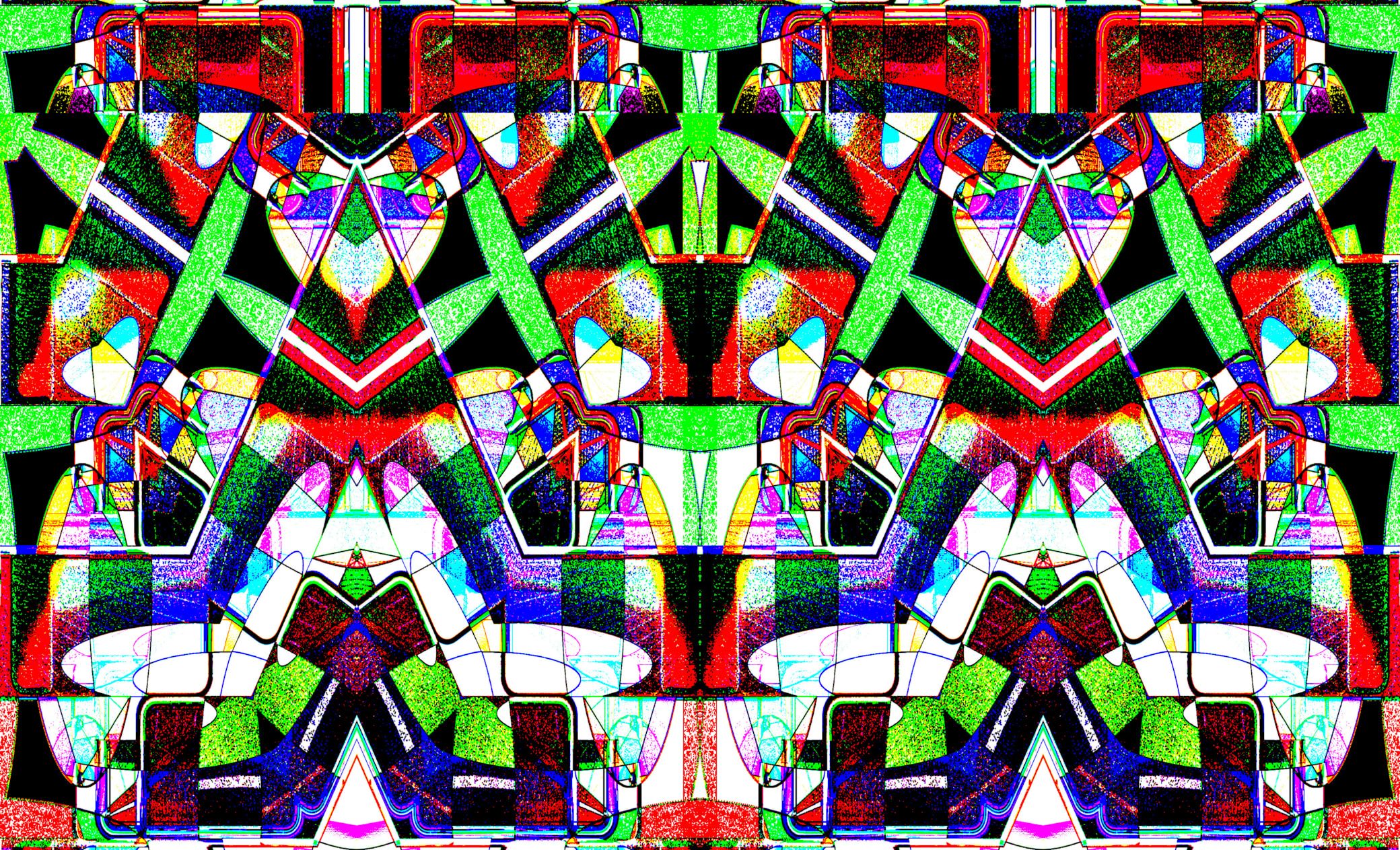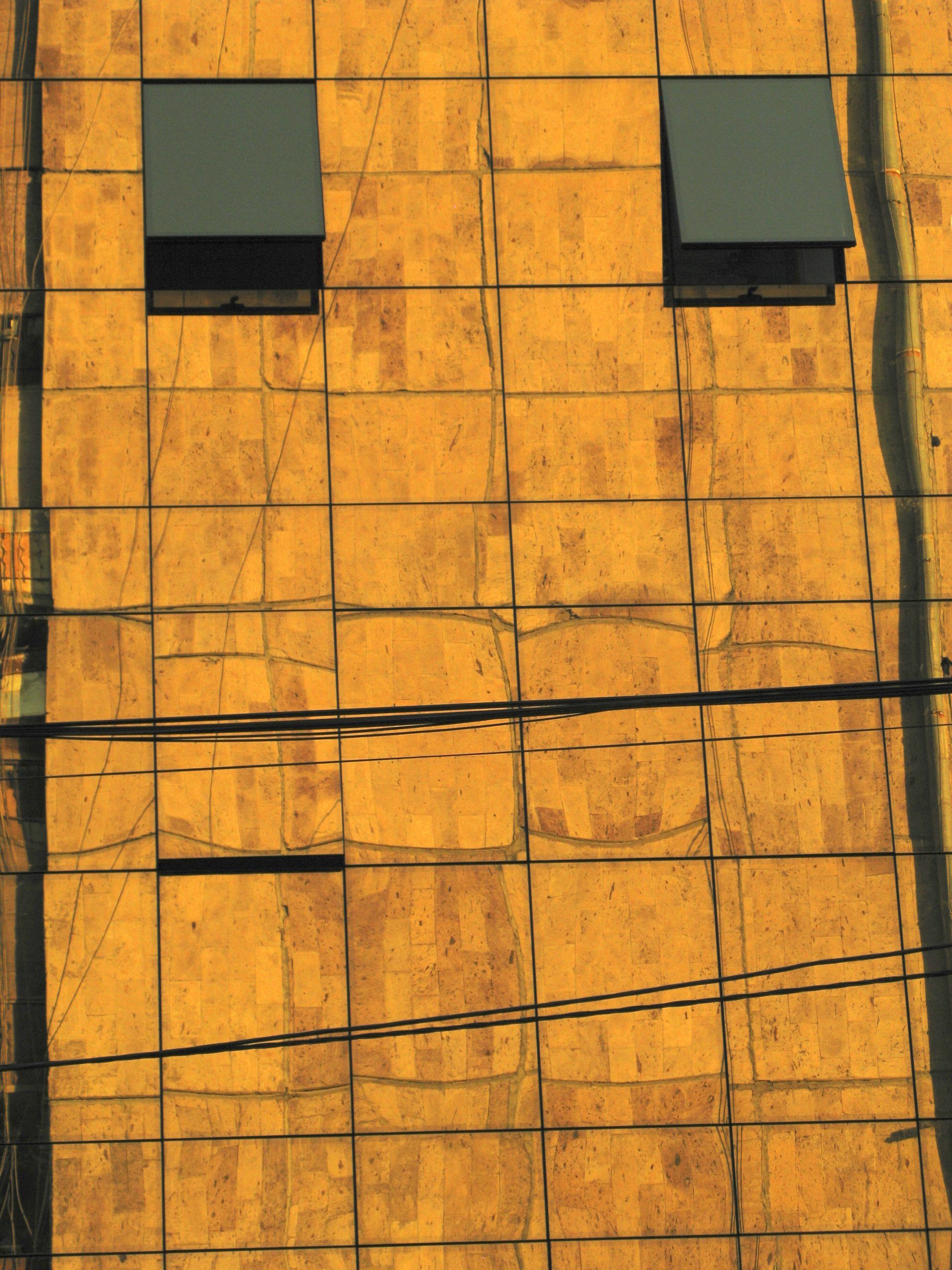Poetry

Mountains, Molehills
A pile of dirt dressed up in a mountain’s clothing
A working man’s pile of rocks
but a ball and chain for the drowning man
a bucket of cement spilled across flowering dirt
but the girl is known for crying wolf
so a mountain has become a molehill
while the dogs come at the blow of whistle
tearing and biting at scraps of meat
slavering mouths that consume
the yellow pages of journalist notes
as a foremen brings the hammer down
the coal burns hotter than any other fuel
but oil is expensive these days
worth more than the average dollar
now that’s a molehill mountain
dressed in expensive leather for the fire
a working man’s pile of coal
the color of lungs is worth
the switch from red to black
more money for the non-worker
whose check balances with zeros lined in gold
this mountains nothing more than a molehill
pick yourself up by your bootstraps

How Fries Will Change You
I’m calling for fries
over the counter full
of fried food and grease
while the chefs ignore me.
Someone taps me twice
on the shoulder as tears salt
my lips. “What?” I snap,
searching for a coworker’s face.
The old woman from my table
takes a step back. “Excuse me?”
she says, her wrinkles contorting.
“I’m so sorry, ma’am, I thought
you were my coworker” I try
to explain. “The women’s restroom
is out of toilet paper.” She walks
off to clear her plate. I let one more
drop roll down my cheek as I say
goodbye to any chance at a tip
and turn back to face the head chef.
“How hard is it to give me some damn
fries?” I continue yelling. When I clock
out that night I write in my diary.
I can’t remember one detail of my night
that doesn’t erase me.
Grimm’s
The ticket stabber is over-
flowing on hour ten of my shift.
“¡Vamos pendeja, vamos!” Miguel
yells over the counter. I flip off
the food heater and stick three
ice cubes down my bra, then stack
table 34’s plates on my left arm.
“Lex, I need a follow” she runs
over and grabs the last basket of
chili cheese tots. An hour later,
the counter is empty and wiped
clean of grease. I restock sauces in
the walk-in and sit down for the first
time today. I clock out at 10:45, say
my rounds of “Goodnight” to the last
standing servers. Pepper spray clutch
in hand, I fumble for my keys in the dim
parking lot. The silence in the passenger
seat is my favorite part of a double-day.
I pull into the gravel driveway, frowning
at the orange-lit room next to mine.
I knock twice on the purple door so
my baby sister knows it’s just me.
“Can you read me a bedtime story?”
The Recognitions
The pill you swallow will always be the sugar pill.
Going up, going down, both require the best shoes.
What to do with too many peaches, rubber bands, clocks, husbands,
Too many pictures of women in gardens, too many ifs,
Too many dreams where someone says “get out of my house.”
It takes a suit to make a lawyer, it takes a horse to make a cowboy.
Cherophobia: the fear of being happy.
There is only one way to make gunsmoke.
A tall woman marries a short man, she reaches for things, he tickles.
Pharmacists know the side effects of hope.
In an afternoon you can cut your hair, your nails, you can cut the crap,
The light, a trail, you can cut across, cut in, out and up.
The president of your senior class lives in poverty in New Mexico.
He’s survived being hit by a piece of space debris,
And his name is not Paul Pancake anymore.
He is a happy man.
A hospice nurse sings to a dying man.
In the morning his bed is empty,
His pillow warm, his shoes are gone.
Sing a song,
Save a life.
Spin the bottle, pick a card, don’t look back.
At night the chairs grow restless and chase the sofa.
At the Cardio Clinic
Little white desk, little white lies
A purple plastic replica of a human heart
Hinged to open for explanation, a heart that never beats
“Moon River” drifting from the ceiling.
Nurse Sandy, dressed in paisley scrubs
Checks my vitals, consults my chart
Touches my hand, her hand a feather
Does she know I’m about to get bad news?
Is she touching a dead man’s hand?
No, she says her heart’s been broken
Her partner vanished, a sunrise surprise
He’s taken the dog , the Wellbutrin, the blender
Now the majesty of sobs, the whisper of apology.
Dr. Dan enters the room, tan leather loafers aglow
Doctor’s cologne, a professional smile
4.3 stars, often a long wait, rude staff
Stethoscope dangling, ignoring Sandy’s heart
For mine, listening to the churning of my heart
Nothing has changed so keep up the meds
Feed the heart the blue, the red, the yellow.
The plastic heart wants to open up, for Sandy.
My heart murmurs its message: can’t be fixed
But Sandy’s can. Dr. Dan is gone, co-pay then I’m out.
In the cave of the heart, we are all on our knees.
about it
wood fired pizza
menued trailer
back open mouthed
can we get safe
ice cream now
you haven’t finished
your slice i love
pizza not all
kinds collapsible
desk thumps into place
phone cord plugged in
i like pizza too
for two or one
dream or two
in action even if action is only
talking about it laughing
about it being about it